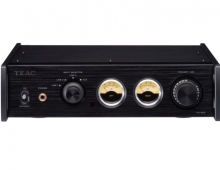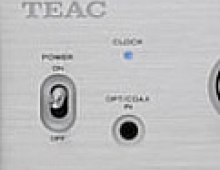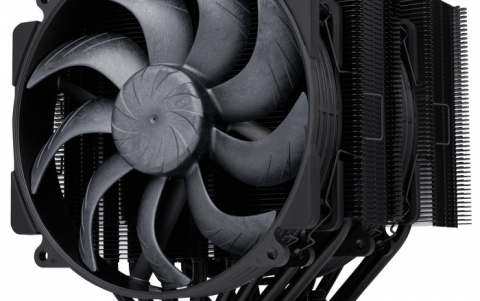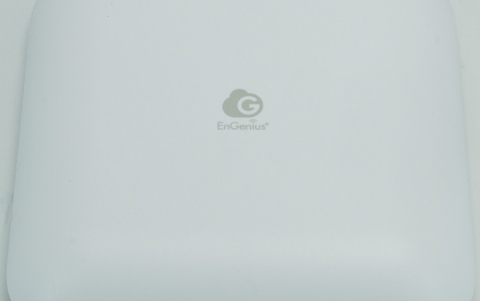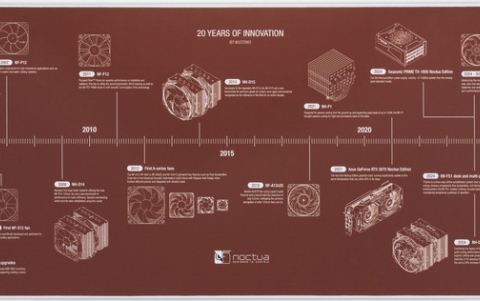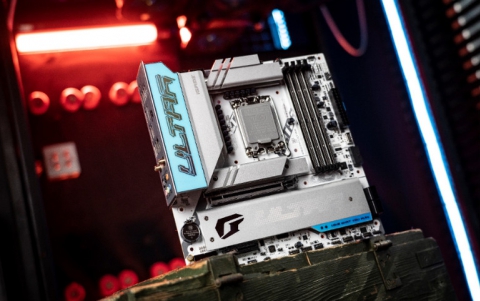Teac MP-8000
5. Tests - Page 1
Review Pages
TEAC’s MP-8000 stores the audio-photo-data files on its hard disk, so you can forget about portable music players that can only store a couple of hours worth of digital tracks. It gives you hundreds of hours of music on the go. The sample that arrived in our labs had a total capacity of 20GB of hard disk space, and we can put inside more or less 10.000 songs. Of course, the capacity depends on the bitrate of the stored music files. The highest bitrate you use, the bigger the files become.
Hard disk based MP3 players offer many advantages apart from huge storage space when we compare them with the traditional players that use a CD. Most importantly, we don’t have annoying skips during playback, while the hard disk reading mechanism is extremely quiet and fast. Of course, power consumption is a bit high, especially when we also have a colour screen, but at least in our case, the TEAC uses a very good quality battery to minimise these disadvantages.
Perhaps, the most important thing in an MP3 player is its compatibility with different bitrates and MP3 file formats and this is where we focused our tests. Of course, there are also other things that we just can't ignore, such as the device's speed in transferring files. In a hard disk based player, a slow connection port can really be a nightmare. I don’t think there is someone out there that can wait for hours till his files are transferred.
To understand better the drives data download speed we made a series of test data transfers. We started with small, 400MB folders, others containing MP3 files and others data and video files. The next step was to increase the amount of data and MP3 to 5GB size folders, which by the way will be the most common file size. Finally, we copied onto the drive, huge folders containing data 15GB and 19GB in size. Of course, it's not every day that we will have to transfer files of that size but it was a very good way to see the TEAC’s hard disk speed capabilities. The tests gave us the following results:
| 400MB MP3 | 45sec |
|---|---|
| 400MB DATA | 47sec |
| 5GB MP3 | 6min 26sec |
| 5GB DATA | 7min |
| 15GB MP3 | 20min 30sec |
| 15GB DATA | 22min |
It is obvious that the trasfer times have a very small difference between small MP3 files and large data files. The time needed to transfer the 5GB files which will be the most common large scale transfers, is considered very reasonable at 7 minutes, as is also the 22 minutes we needed to download the 15GB of data.
-HD TACH
HD Tach tests the sequential read, random access and interface burst speeds of your attached storage device (hard drive, flash drive, removable drive, etc). All drive technologies such as SCSI, IDE/ATA, 1394, USB, SATA and RAID are supported. Test results from HD Tach can be used to confirm manufacturer specifications, analyse your system for proper performance and compare your performance with others.
This benchmark is intended to determine the maximum read or write speed on the device at various locations. Hard drives, for example, have faster read/write speeds at the inside edge (mapped to block 0) of the device, so it is useful to see the difference in speed. The maximum sustained speed (lowest speed on the device) is an important metric for real time sequential access applications. The maximum speed may be important to a power user that would like to partition the drive into a high speed partition and low speed partition.
We ran the HD Tach benchmark to get a feel of its performance, even though it is a bit unfair to compare TEAC's MP-8000 with other internal Hard Disks, so keep in mind that the device is an MP3 player and not a high speed external drive.

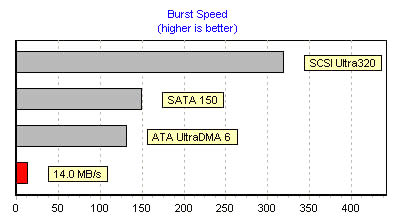
As we can see, TEAC's drive doesn't stand a chance against 5.25" ATA, SATA and SCSI drives, but the 14MB / s transfer speed it gave is just fine for the purpose this device is designed for.
Review Pages



